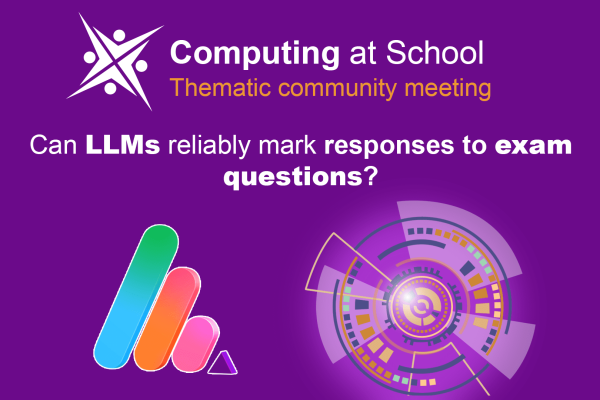Applying knowledge effectively, whether it’s for exams or real-life challenges, relies on a solid, well-organised foundation of knowledge (also known as a knowledge schema) and enough working memory capacity. Spaced retrieval, which means actively recalling information at gradually longer intervals, is a key technique for deeply embedding this knowledge and making its retrieval quick and effortless. This approach helps make recalling information more automatic and less demanding, lightening the load on working memory during problem-solving or application. This means more mental resources are available to tackle complex problems.
Here are the key principles of effective spaced retrieval:
- Newly learnt material (the knowledge components*) should be retrieved to counter our tendency to forget (the forgetting curve)
- Retrieval should be spaced apart by progressively longer intervals over time
- The initial review should occur within 24 hours after the new information is first learned (Why? Because the greatest amount of forgetting happens immediately after learning new information. Memory traces are very fragile initially. By reviewing within 24 hours, you are able to reinforce and re-encode those fresh memories before much forgetting has had a chance to occur.)
- If a piece of learned information (i.e. a knowledge component*) is successfully recalled during review, the interval until the next review for that information should be extended further
- If a piece of learned information (i.e. a knowledge component*) is not recalled correctly, corrective feedback should be provided, and the review interval for that information should be reset to a short duration, such as 24 hours or 1 day.
- A knowledge component can be considered mastered and removed from the review cycle if it is correctly recalled three to four consecutive times without error.
To effectively implement spaced retrieval practice, the utilisation of a software system is not just beneficial — it’s essential. Spaced retrieval practice, as outlined, involves actively recalling information at progressively longer intervals to counteract the forgetting curve, necessitating meticulous scheduling and tracking of review sessions for numerous knowledge components. The complexity of this task — balancing initial reviews within 24 hours, extending intervals after successful recalls, resetting intervals following unsuccessful attempts, and recognizing when knowledge components are mastered — demands more than manual efforts can reliably manage.
GeoVise is precisely the kind of software system designed to maximize the benefits of spaced retrieval practice in geography learning. For educators interested in trialling GeoVise with their students, please contact us at ahmer@highersummit.com to get started.
*Knowledge components are crucial pieces of information that, when combined, offer a comprehensive understanding of a concept. For instance, in the context of coastal erosion, these components include definitions (what coastal erosion is), factors causing coastal erosion (natural processes like waves, currents, and human activities), types of coastal erosion (hydraulic action, abrasion, attrition, solution), effects of coastal erosion (loss of habitat, property damage, beach loss), management strategies (sea walls, groynes, beach nourishment, managed retreat) etc.
- Teepeehttps://teepee.ai/author/saadhassan01/
- Teepeehttps://teepee.ai/author/saadhassan01/
- Teepeehttps://teepee.ai/author/saadhassan01/
- Teepeehttps://teepee.ai/author/saadhassan01/




